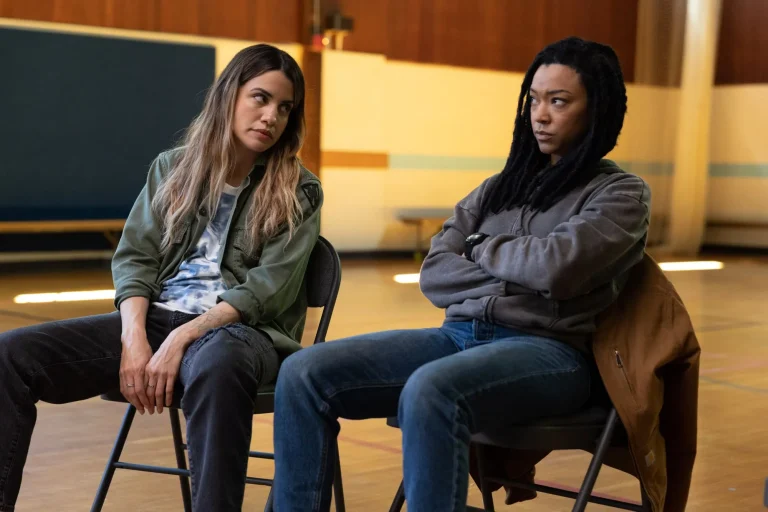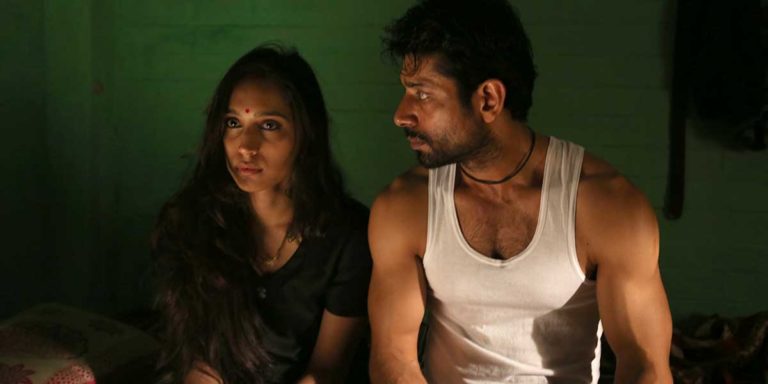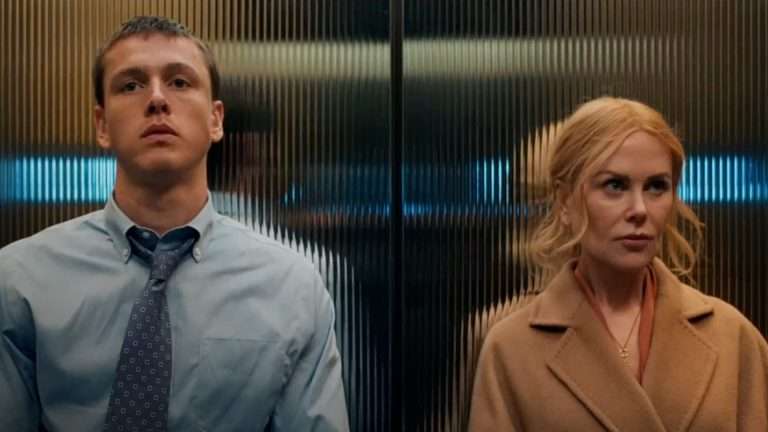Living in a country like India, where the rate of rape victims is probably the heightist in the world, I know how society frames survivors as outcasts. Instead of looking into the root of the problem and enabling a proper channel to curb the problem, society keeps pushing the issue aside for supposedly more challenging things. But what is more important than the protection of people? What is more important than empathy towards children whose formative years are ruined? Melody C. Miller’s ‘California’s Forgotten Children,’ which is about the horrors of child sex trafficking, digs into important questions with fact-based precision.
The 92-minute documentary dives right into the center of the problem with the statistics that almost 2000 children go missing each year in the United States alone. These lost children thus have no public record, no accountability, and above all, no identity. For years, pedophiles, perverts, and pimps have exploited these lost souls for their personal profit. The documentary informs us that these lost children are trafficked and sold for sexual favors, leading to an ‘industry’ that accounts for over 9.8 Billion dollars.
The director chooses to insert some dramatic sequences and animation for good measure. However, instead of eliciting her point across in a better way, these scenes feel overly manipulative and unnecessary.
That said, Miller makes sure the viewer is aware of the inhuman nature of the abuse. The sequentially timed narrative accounts for numerous stories of brave women and men who are a victim of child sex trafficking. Miller charts this sequence right from where it mostly originates – i.e., a child’s home. The neglect and abuse that is induced on a child at home often result in runaways where these children are merely looking to regain the power in their lives. However, without shelter, guidance, and food, these runaways get in contact with the malicious scums of society whose next step is to manipulate and grooms these children into believing the actions that are done by these scums to be that of a do-gooder.
Miller equates this exploitation with being no less than slavery, as these children have zero agency over their lives and bodies. Some of the accounts call back on how often the police and the law fail to realize this relentless abuse and deem the children to be the cause of the problem. California’s Forgotten Children raises some pertinent issues with how the state handles the issue of rape, sex trafficking, and abuse and how often the perpetrators are favored over the victims.
While most of the documentary is one disturbing account after the other, Miller offers a truckload of hope in the form of courageous leaders who have gone through it all and have now dedicated their lives to help those who have to face what they did. It is an incredibly heartwarming place to end a story that feels like a mere account but ends up being a powerful account of resilience.



![The Assassination of Jesse James by the Coward Robert Ford [2007] Review: A Tale of Fame & Infamy](https://79468c92.delivery.rocketcdn.me/wp-content/uploads/2018/10/jesse-james-2-768x432.jpg)

![The Half of It [2020] Netflix Review: A charming and breezy coming-of-age love triangle](https://79468c92.delivery.rocketcdn.me/wp-content/uploads/2020/05/The-Half-of-it-Netflix-1-768x373.jpg)


